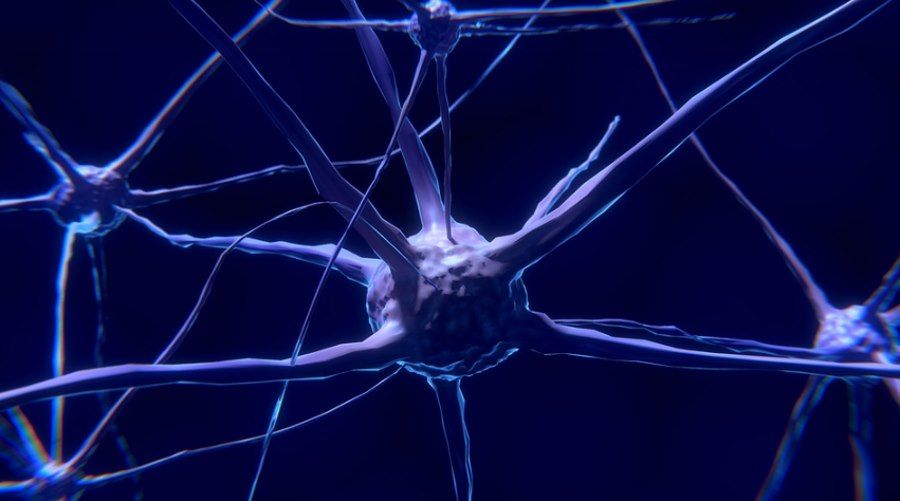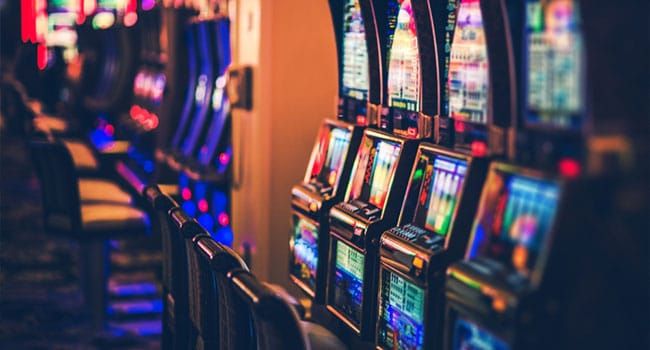New neurons are formed even in old age
In human brains, new neurons continue to form throughout adulthood, according to a new study. Scientists have found signs of neurogenesis – the process of producing new nerve cells – even in the brains of the elderly.
Spanish scientists have conducted a series of testow on tissue mozgowa obtained from neurologically healthy, deceased waspsob. The subjects died at the age of 43–87 years. María Llorens-Martín from the Autonomous University of Madrid with her team found in mozgach young neurons. Their number has gradually decreased with age. Between the ages of 40 and 70, the number of new neuronaloIn noted in the studied part of the mozgu has declined from about 40,000 to 30,000 per cubic millimeter.
Young comonerve rks were spotted in parts of moThe number of new species in the Tatra Mountains has fallen from about 40,000 in the past decade. It is part of the hippocampus, whichory plays a majoroThe important role in the processes of learning or remembering. The gradual decrease of new comonerve rec seems to go hand in hand with the cognitive decline associated with old age. This means that each year fewer neurons are being formed in the dentate bendow.
The findings were published in „Nature Medicine”.
After examining healthy tissue mozgowa scientists looked at mozgom people, in whomothose diagnosed with Alzheimer’s disease before death. Scientists have analyzed the tissue mozg obtained from 45 patientsoin between the ages of 52 and 97. In all mozgs found young neurons in the dentate bend. Even in mozg of the oldest person whoora lived to be 97 years old.
Although in patientow with Alzheimer’s disease has also found signs of neurogenesis, then researchers have observed significant roThe differences in the porown relation to healthy mozgow. Even in the earliest stages of the disease, mozgi osob affected by Alzheimer’s disease had nearly half as many neuronow.
– This is very important for Alzheimer’s disease, because the number of comoneural records detected in healthy individualsoThe b is always higher than the patientow with Alzheimer’s disease, regardless of their age,” said Llorens-Martín. – This suggests that some independent mechanism, rotion, different from physiological aging, may drive this declining number of new neuronsow – added.
The study authors acknowledged that perhaps in the future naurogenesis could helpoc diagnose Alzheimer’s disease even in its earliest stages. The need to keep learning new things even in old age creates a need for new neurons. – I believe that we can hail new neurons, dopoki we will have to learn new things – admitted Llorens-Martín.


